Shaina Toomey, MSPT, Director of Rehabilitation Services, Fresh River Healthcare Center
Dementia affects approximately 7% of people age 65 or older, and the risk increases with age. There are many forms of dementia, including Alzheimer’s Disease (AD). AD accounts for between 40% and 80% of cases, making it the most common cause. About 27-36 million people live with dementia/AD worldwide. With the increased population of persons with memory impairments there is an abundant amount of resources in the community, and one such resource is long term care facilities that have specialized memory care support units. As a healthcare provider that works in a facility that provides specialized and individualized care for patients with memory deficits it is wonderful to be a part of improving the quality of life for individuals with dementia.
One of the programs that I have had the pleasure of witnessing and being a part of is the MUSIC & MEMORY℠ program. This is a program that is focused on the use of music for therapy. The Institute for Music and Neurologic Function (IMNF) is a leader in the research and provision of music therapy treatments for a variety of health needs. It has long pioneered and advocated for the use of personalized music. We can all agree that our senses can have a power connection to our memories. When you hear your wedding song it can help trigger memories of that day, or a childhood song your mother sang can help you hear her voice and see her face. Persons with dementia, Parkinson’s and other diseases that damage brain chemistry can also reconnect to the world and gain improved quality of life from listening to personal music favorites. In an article that appeared in Psychology Today (12-11-13), columnist Christopher Bergland explains recent research about “music-evoked autobiographical memories” (MEAMs), and why music evokes such strong responses from people with Alzheimer’s Disease. Music has been found to have many benefits and give pleasure to persons in all stages of dementia, even with advanced dementia.
BENEFITS:
- A fulfilling activity for persons in dialysis, on vent or bed-bound
- Increased cooperation and attention, reducing resistance to care
- Reducing agitation and sun-downing
- Enhancing engagement and socialization allowing for a calmer social environment
- Provides a valuable tool for the effort to reduce reliance on anti-psychotic medications
Please visit the Music and Memory website for more information: www.musicandmemory.org
.

